These custom-compounded prescriptions are not regulated by the U.S. Food and Drug Administration (FDA), and are mixed for an individual based upon a doctor’s prescription.
“Despite the increased quality risks, and the lack of safety and efficacy data for non-FDA regulated custom-compounded bioidentical hormones, their use by menopausal women is higher than expected and appears to be continuing to grow,” JoAnn Pinkerton, lead researcher of the study and a professor of obstetrics and gynecology at the University of Virginia Health System, said.
Pinkerton was among a group of researchers who analyzed the results of an October 2014 survey done on behalf of the International Journal of Pharmaceutical Compounding and inThought Research. Based on 483 completed surveys, the researchers estimated that 26 million to 36 million total prescriptions for custom-compounded hormone therapies were filled last year.
Of the pharmacists who responded to the survey, 69 percent expect their hormone therapy compounding business to grow over the next two years.
The study results were presented on March 6 at the Endocrine Society’s annual meeting in San Diego, California.

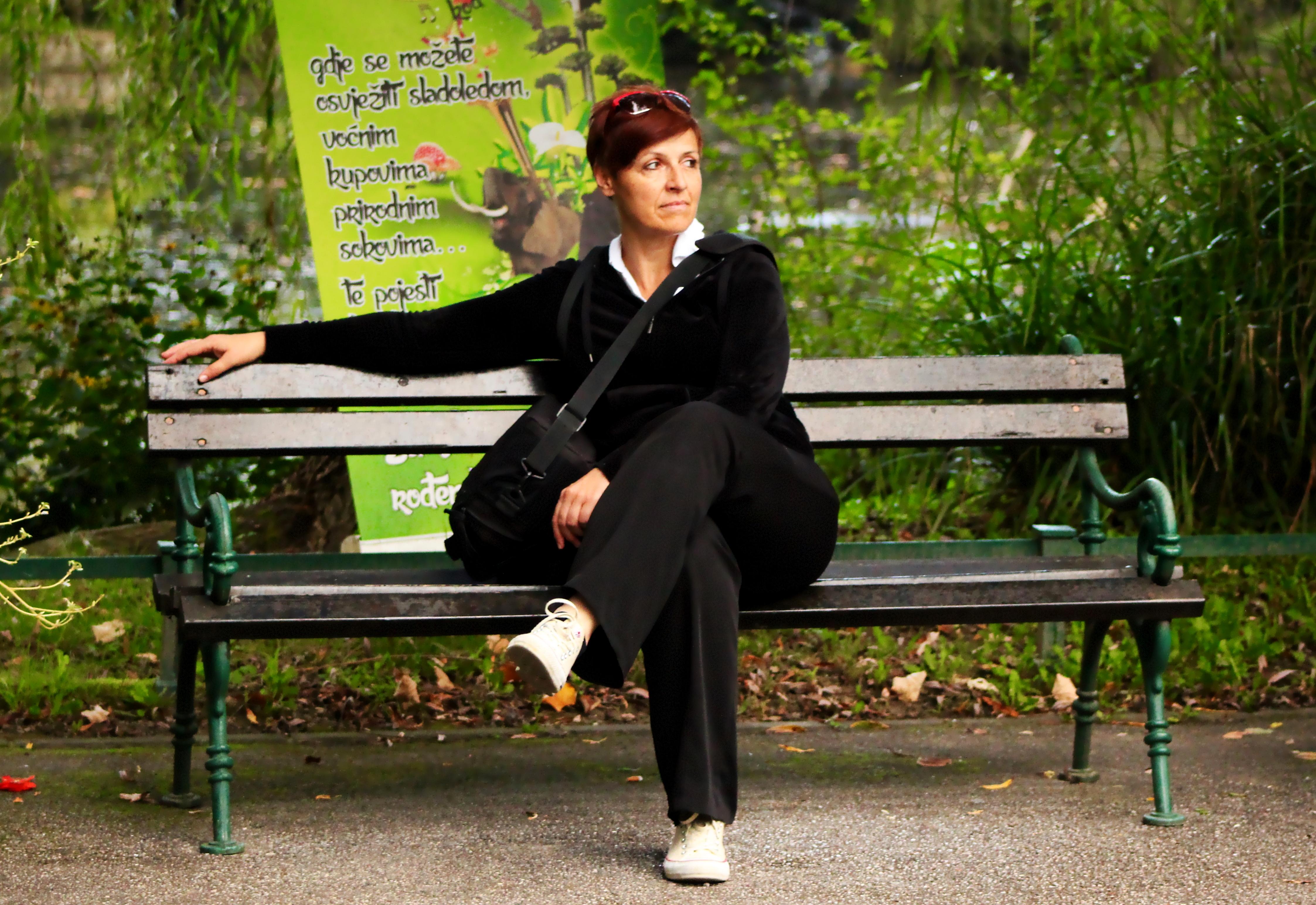



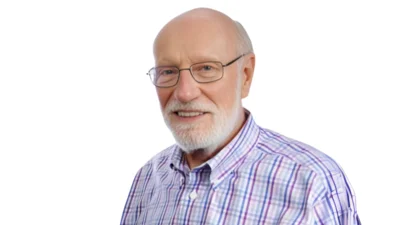
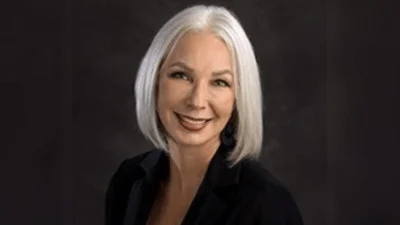


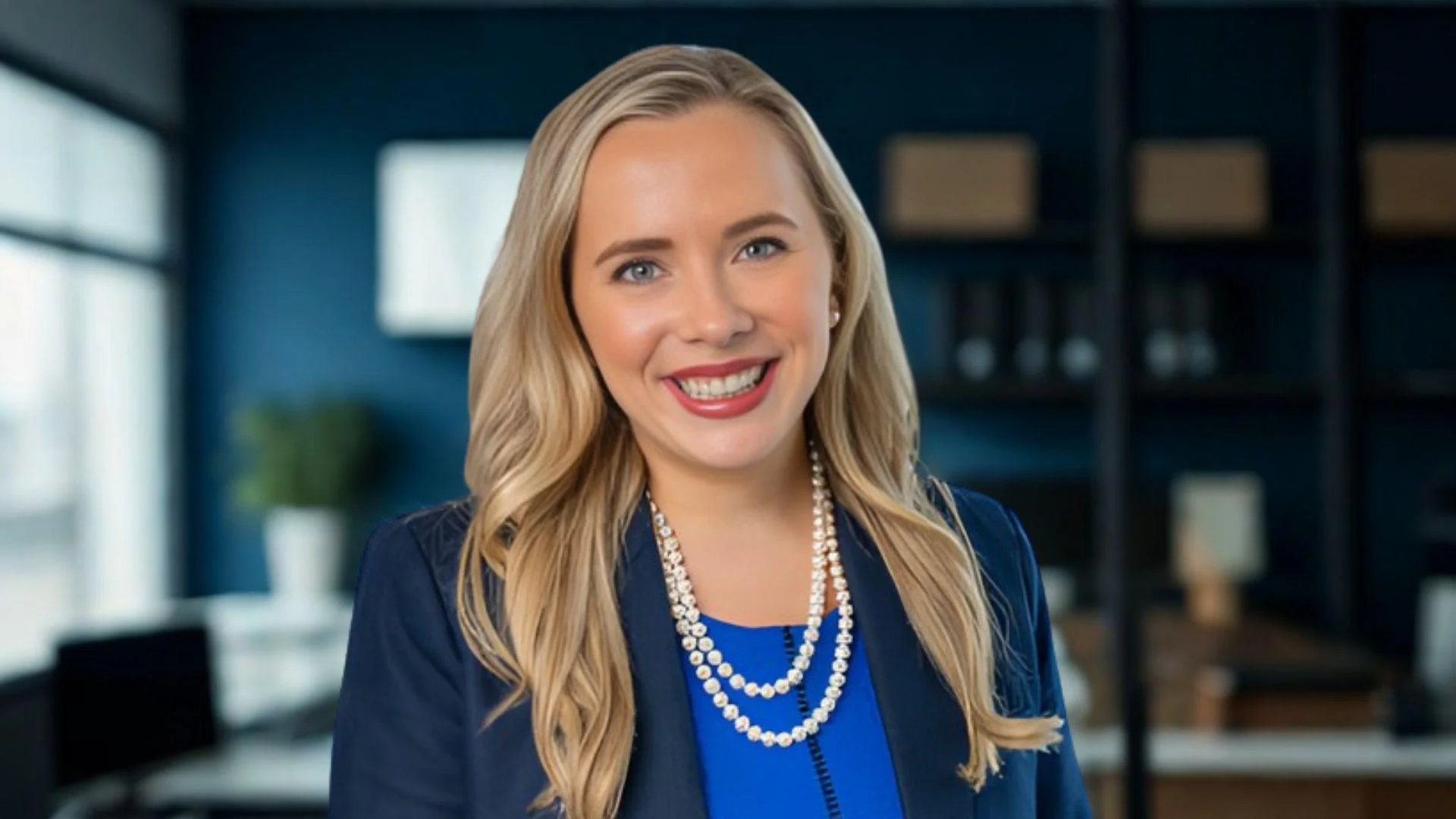

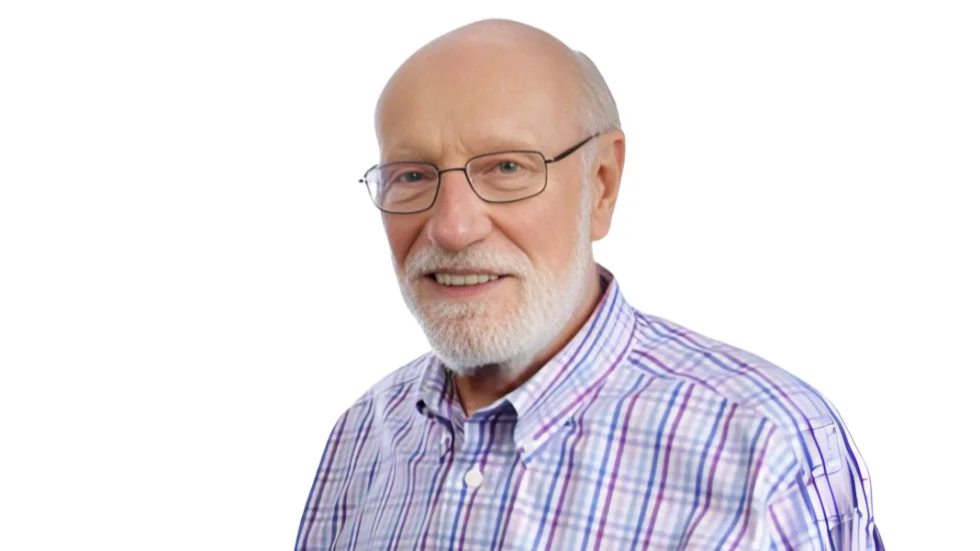

 Alerts Sign-up
Alerts Sign-up